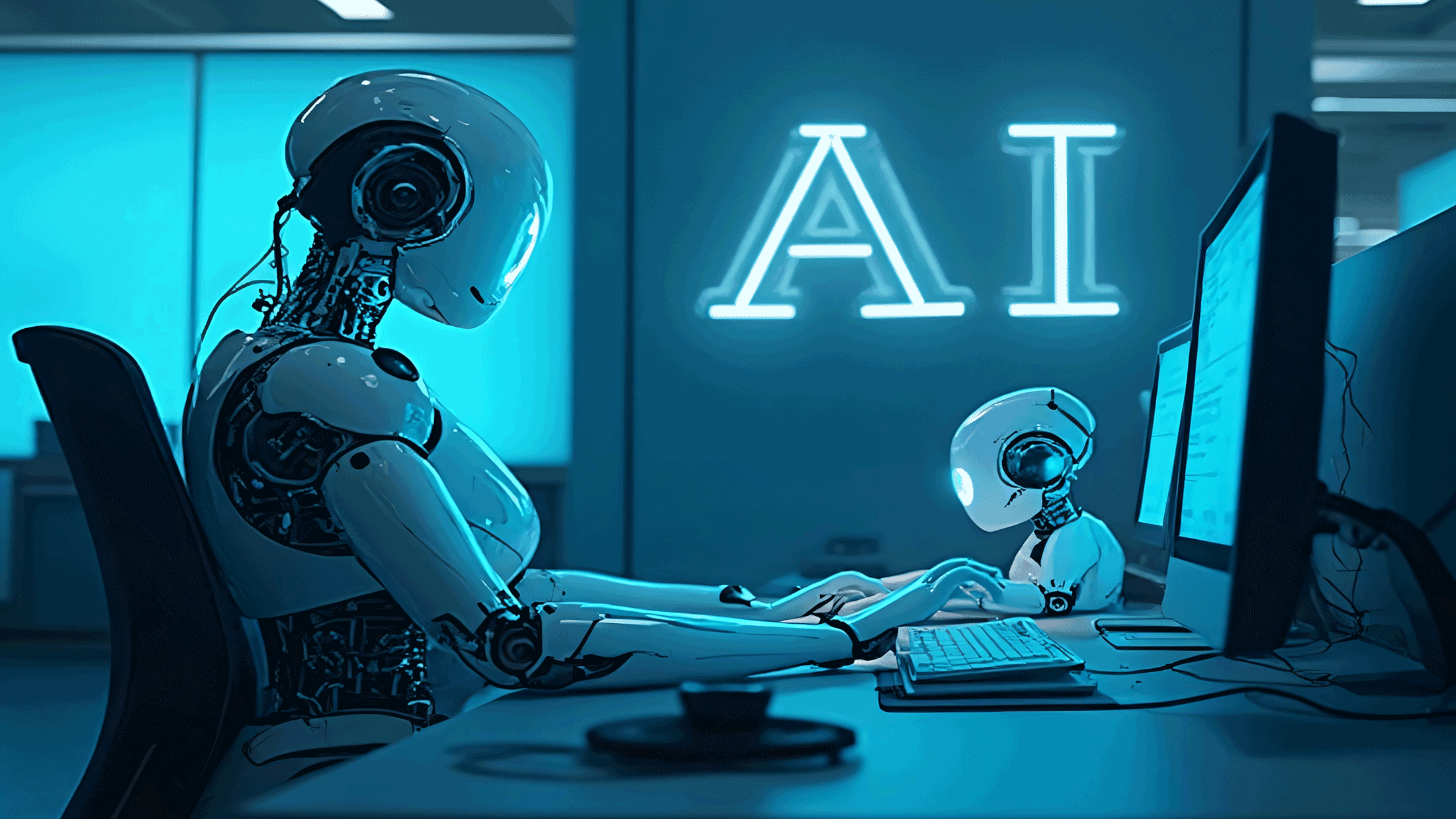The rapid adoption of artificial intelligence (AI) by businesses worldwide is drawing parallels to the cloud computing boom of the past decade. However, while AI usage is skyrocketing, a new report suggests that many companies are unprepared for the profound changes it brings. According to research from Hostinger, nearly 80% of companies are either using or planning to use AI. Yet, a separate report by the Adecco Group reveals that only 10% of C-suite leaders feel their organizations are fully equipped to handle the disruption AI entails.
The findings highlight a significant gap between AI adoption and strategic readiness. With an estimated 359 million companies globally, approximately 280 million have integrated AI into at least one function. However, the lack of preparation and alignment on AI priorities is causing confusion and inefficiency within organizations.
The AI Adoption Gap: Experimentation vs. Enterprise Value
While many CEOs are embracing AI, the impact on the workforce remains uncertain. Small businesses are increasingly turning to AI tools for tasks such as email writing, data analysis, and content generation. In contrast, larger firms often establish dedicated teams for AI implementation. Despite these efforts, readiness does not always accompany adoption. A worrying gap in strategy persists, as 60% of leaders expect employees to update their skills, yet 34% of companies lack a formal AI policy.
According to Adecco, over half of CEOs acknowledge that their teams struggle to align on AI priorities. Furthermore, only one-third of businesses are investing in the necessary data infrastructure to support AI initiatives. This lack of investment and strategic focus can lead to scattered and redundant projects, ultimately undermining the potential benefits of AI.
Building Future-Ready Strategies
Amidst the chaos, a small group of “future-ready” companies is setting an example by adopting more responsive strategies. These organizations prioritize continuous learning and leverage enterprise-wide insights to guide their AI direction. Denis Machuel, CEO of Adecco, emphasizes the importance of a human-centric approach to AI-driven transformation.
“AI-driven transformation must be human-centric,” says Denis Machuel, CEO of Adecco.
Many companies rush into AI adoption without a clear understanding of what differentiates them, leading to misaligned efforts. Stendera, an expert in enterprise architecture, explains that without enterprise-wide insight, AI initiatives can become siloed and ineffective. By mapping unique strengths and workflows, organizations can ensure that AI deployments reinforce strategic priorities rather than dilute them.
The Importance of Introspection and Investment
AI success depends not only on investment but also on introspection. Companies must understand their specific needs from AI to utilize it effectively. Without this understanding, AI can become a costly and ineffective tool. As Stendera notes, enterprise architecture can help focus AI initiatives on what truly sets a company apart.
“Without enterprise-wide insight, AI efforts become siloed and misaligned. Enterprise Architecture can help focus AI initiatives on what truly sets a company apart,” Stendera explains.
Looking forward, companies must bridge the gap between AI adoption and strategic readiness. This involves not only investing in data infrastructure but also fostering a culture of continuous learning and introspection. By doing so, businesses can harness the full potential of AI to drive innovation and growth.
The surge in AI adoption represents a significant opportunity for businesses to transform their operations. However, without a clear strategy and alignment on priorities, this opportunity may be lost. As companies continue to navigate the complexities of AI, the importance of strategic planning and investment cannot be overstated.
